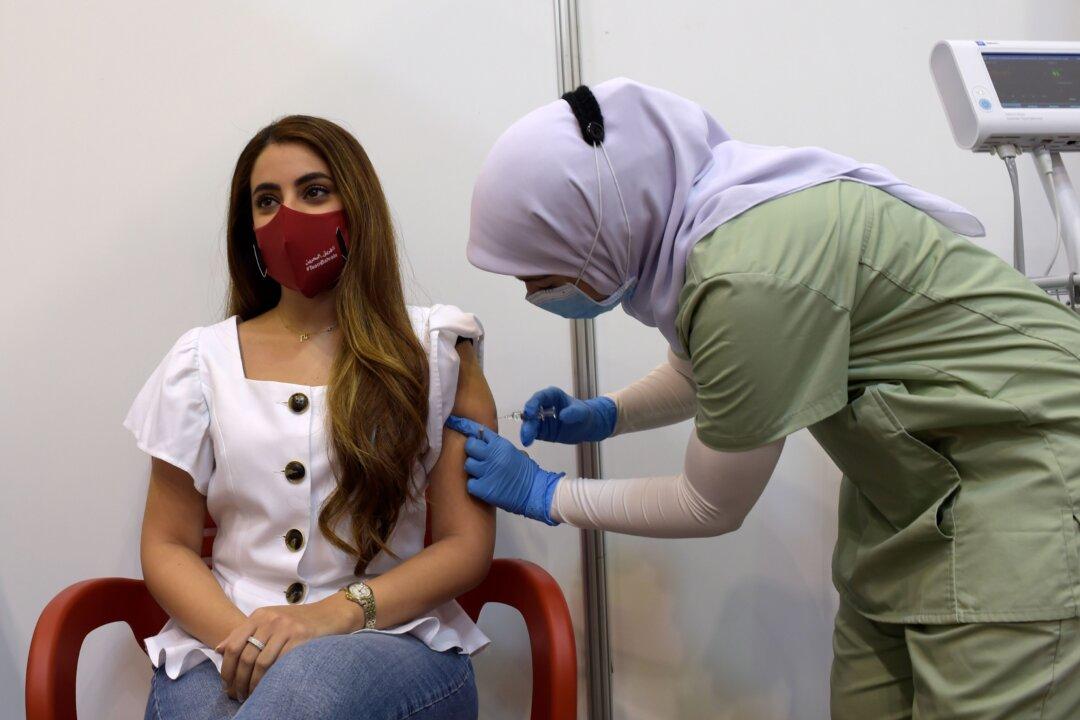Bahrain and The United Arab Emirates (UAE) are now urging citizens who have been fully vaccinated with Chinese-made COVID-19 vaccines to take a shot of the Pfizer vaccine as a booster for protection. At the same time, it’s reported in Serbia that 30 percent of the elderly who have been inoculated with Chinese vaccines have no antibodies.
This comes as more death and miscarriages after inoculation of Chinese vaccines were reported in Hong Kong over the past week.




